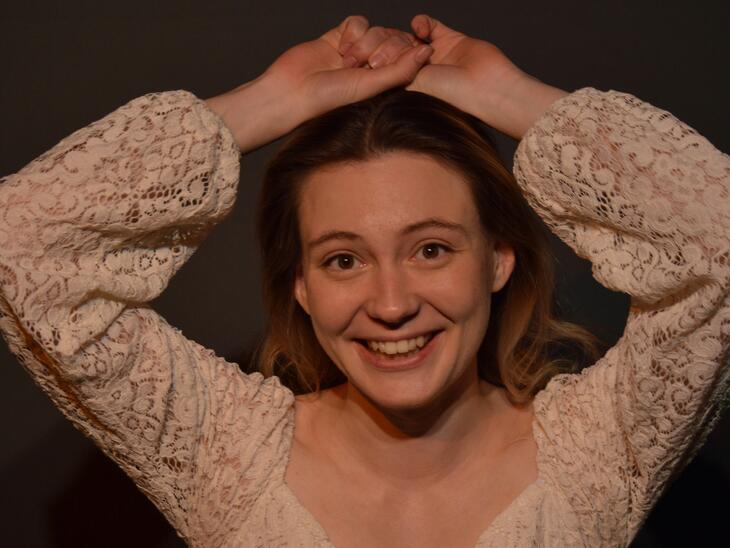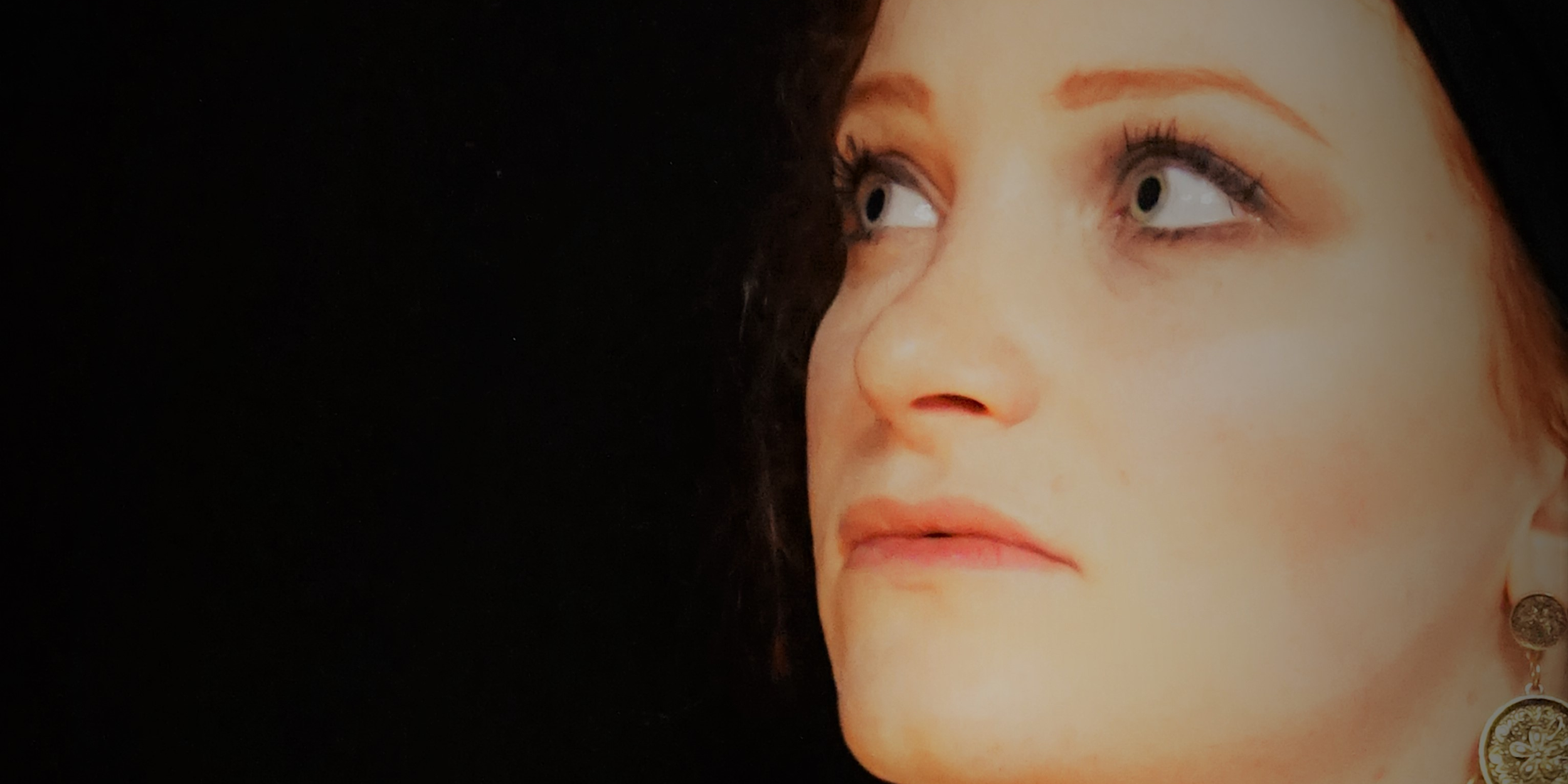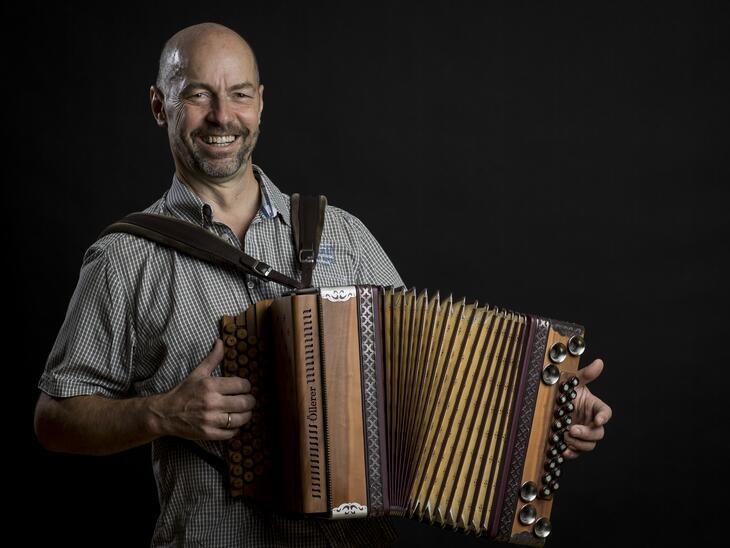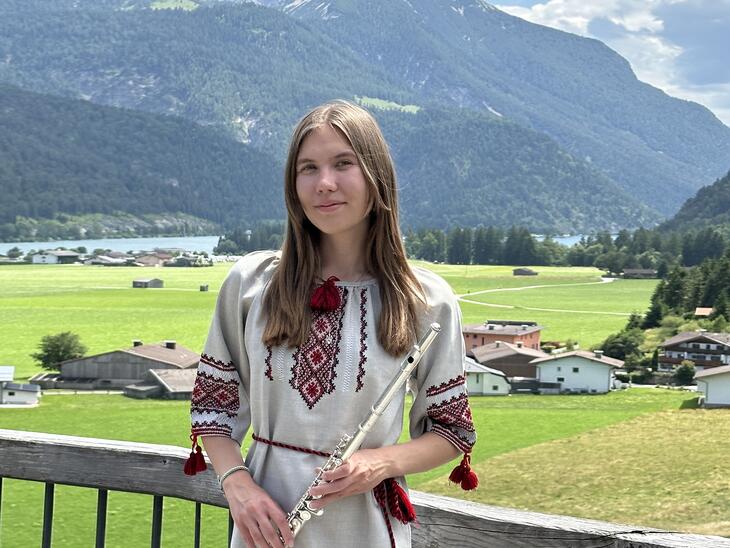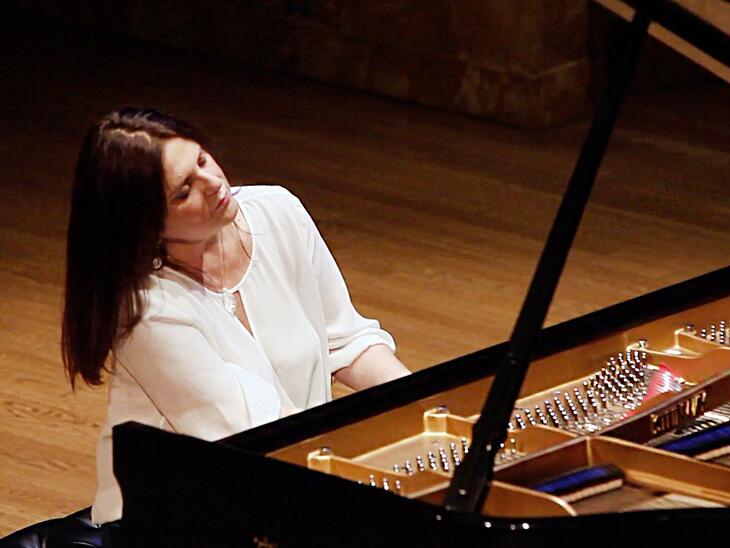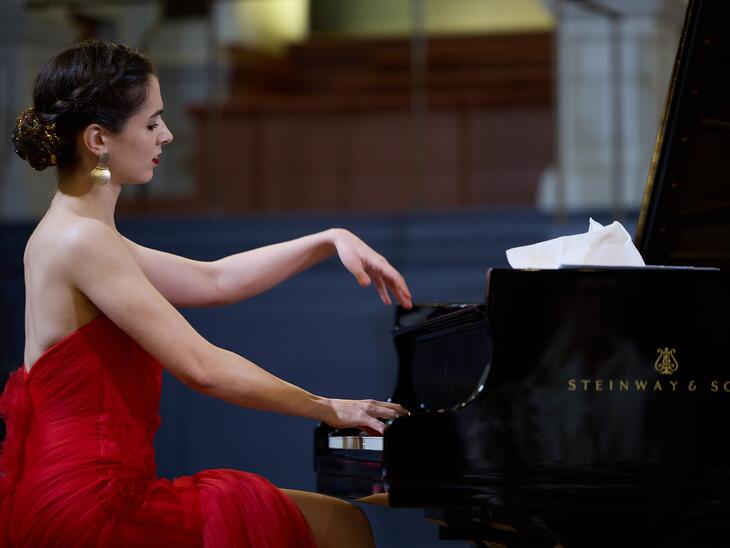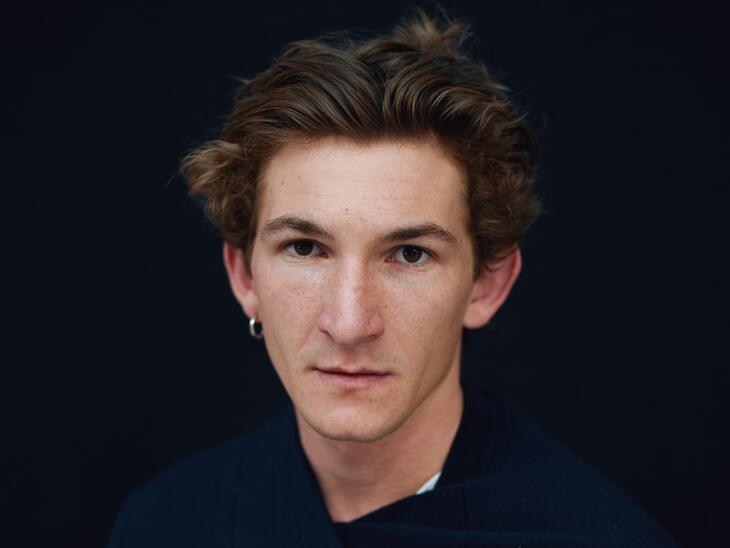How did you experience the Corona period as an artist?
For me it was from one hundred to zero within one day. I had a four-week rehearsal period until mid-March for an opera project near Karlsruhe, where I would have sung Rosalinde in Die Fledermaus. That meant lots of people, full days, wonderful music, great experiences and very creative work. We then had to skip the last day of rehearsals, because the public buildings were closed and so we couldn't go into our rehearsal hall anymore. So we met in front of the building on what was supposed to be the last day of rehearsals. The announcement, you are not allowed to enter anymore, came only in the morning. We were only able to have a short closing meeting outside. We said goodbye to each other and were all a little irritated. Most of us were already looking for trains home because we were afraid we wouldn't get home. We were an international team. But none of us really thought at that point that this festival couldn't happen. The rehearsals stopped in March and in May it was communicated that the festival cannot take place in the form it did. Instead, there will be smaller concerts.
In what period would the festival have taken place without Corona? T
he festival was planned with several productions from July to August. One production would have been the "Fledermaus" with 20 performances.
Are there already new perspectives for you now?
I was invited this week for four concerts. The program is not quite fixed yet, because the staff tried to save the festival until the very end. Not least for the audience, as it is a very established and popular open-air festival. Fortunately, the productions will be made up next year. But the four concerts are a first step and they probably wanted to stay present for the audience and not leave us artists out in the rain. It's nice to hear that other formats, forced smaller formats, are being implemented.
I can already hear a sense of optimism. But what was the first time like after you stopped rehearsals?
The first time I was still very committed to the project, because I couldn't imagine or didn't want the phase to last so long. I was still totally in work mode and worked off things that had been left lying around, got my apartment in shape and structured every day. Then the phase got longer and longer and at some point it was no longer foreseeable. From that point on, it became really difficult for me. When there is no real goal point. Especially since it is difficult to sing in my apartment. We have thin walls and I was also aware that many people are now at home. And then, when it was also foreseeable that I wouldn't be able to go on stage for a while, I didn't want to exhaust that and then also be a noise nuisance.
Do you have to practice less as a singer than a violinist or a pianist?
You notice it very much as a singer if you can't practice much. Especially the condition suffers.
In Austria, support programs for artists, for example through the Artists' Social Insurance Fund, were also an issue relatively soon. What was that like in Germany?
I didn't deal with it so intensively at first, because I thought the festival was taking place in the summer. I also thought, maybe others need this help more urgently than I do. In addition, the whole system was very opaque and keeps changing until today. Only yesterday I received new information. For a long time it looked like that solo self-employed people who don't have liquidity problems don't get any help. So, that private costs like rent don't count. I have no studio, no rehearsal room, no machine to pay for. For this reason, I fell out of the "aid projects" for the time being. Now it's being adapted and refined little by little, and I have high hopes that the system will improve for us artists. I've signed up for some things and filled out some forms but I guess you still have to be patient. It's not easy, but I'm trying not to lose heart and hope that some kind of "normality" will return soon. I am afraid that many people do not realize that the situation will drag on for a long time. This is not over with the end of the pandemic, but many things simply cannot be done now because they are not profitable for theaters. Without a financially functioning theater, artists can't be hired either. Therefore, the aftermath will be felt for much longer. As a young professional, it is therefore difficult to regain a foothold. Many auditions were canceled, programs and operas were canceled completely. I was lucky now that this festival tries to implement small projects instead of the planned program. But a lot of things have been canceled without replacement, so the loss of earnings is 100 percent.
I can hear that as an artist you have to be creative in a different way at the moment. What can you actually do under the existing conditions?
In Austria, events with 100 people have been allowed to take place since the end of May - an opera production is thus not profitable… It was very nice that some approached me and asked for online lessons. That was also a lot of fun and of course I was happy that they thought of me during that time. I also try to offer solo programs, have done some cabaret as well. The small programs include only two people on stage: the singer and the pianist. With them I want to bring the audience a little bit of cheerfulness, looseness and laughter in the difficult time for everyone.
Is there anything you wish for your work environment?
What has always stung me personally is that the soccer club has been in the media a lot, and very often there have been discussions about when the players will now be allowed back on the pitch, and other areas have been given less thought. There are very many people in the arts and many who are dependent on this industry. I was lucky that I was always well informed about the state of affairs by "my festival". However, I know of other organizers who to this day have given no indication of how things will continue, even though there are existing contracts. Being "stand-by" was also the hardest part of the Corona period for me. Not knowing when to be ready for the stage or whether to try for other things, the uncertainty. Of course, no one could know how long the situation would last. But I hope that soon we will be able to put aside this caution and have great events. We artists are all hungry to be able to make more art again. I realized during the Corona period that listening to music or seeing productions through a screen is not the real thing. The experience of the stage and concert hall is different. I miss that contact with my colleagues and the audience.
